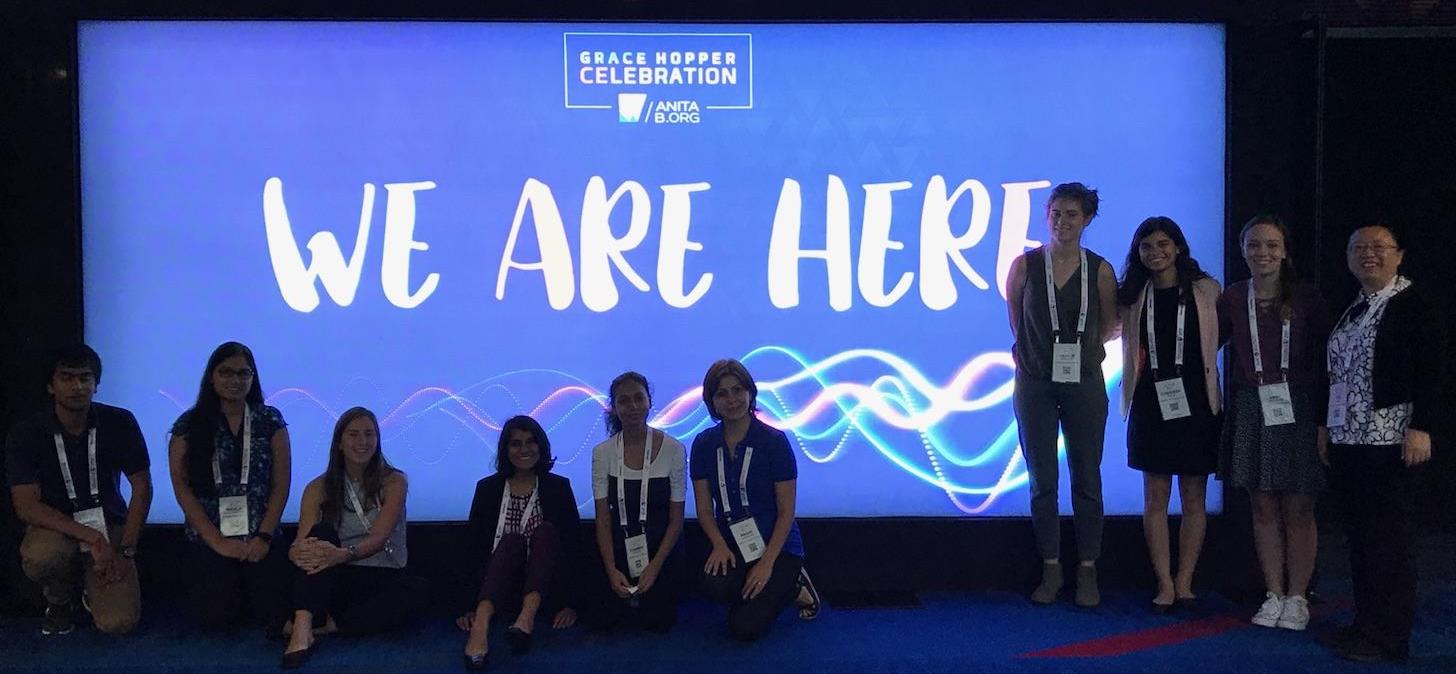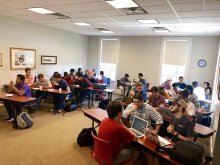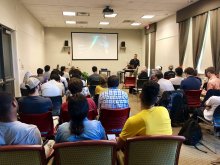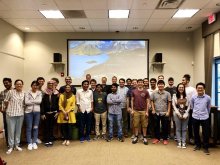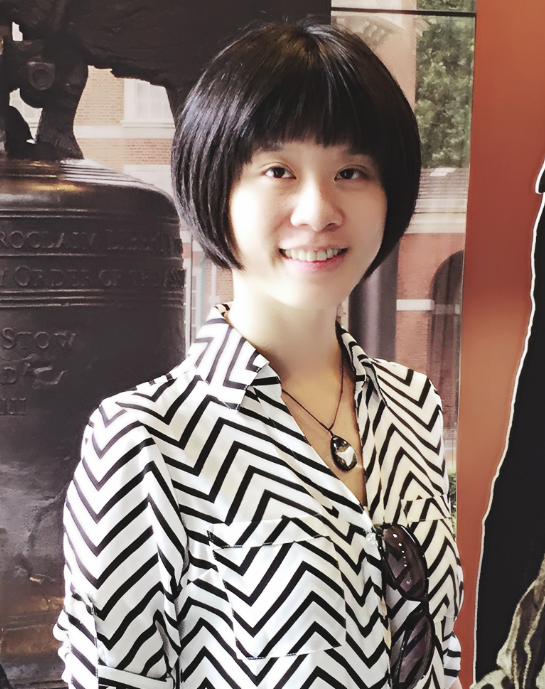The University of South Carolina is initiating a search for the Director of the new Artificial Intelligence Institute. The pan- University Institute is expected to draw core or affiliated faculty from almost all colleges. The College of Engineering and Computing is well positioned to support this University-wide Institute and is in the midst of expanding its tenured and tenure-track ranks by over 40 faculty members. The Director will be expected to create the vision for the Institute and lead it to international prominence in several areas of research, real-world applications, work-force preparation, and job creation in intelligent systems.
The new Director will have the opportunity to grow strategic areas of research and oversee innovation and modernization of curricula as well as hire the core faculty and attract as affiliates several dozen faculty members across the university, and spanning all fields (medicine, pharmacy, public health, education, journalism, social work, nursing, business, humanities, physical sciences, engineering, and computing). The Institute will be housed centrally in the University, and the Director will have significant input into design and function of the space.
The Director will be expected to:
- Conduct convergent, team-oriented, high impact research, with a substantial portfolio of competitive and center- scale research funds from external sponsors.
- Engage with key industries/services in the region and foster an entrepreneurial ecosystem with joint projects, technology transfer, and startup formation.
- Advance AI education and training programs across the University and the state.
- Position the Institute for national prominence in niche areas within 5 years.
- Lead multidisciplinary project teams
- Serve as a mentor to junior faculty and students.
The University of South Carolina is the Flagship University of the State. Founded in 1801, it is one of the nation’s oldest and most comprehensive public universities. Columbia, the seat of South Carolina government, was ranked by Livability.com as the third best college town in 2016. The temperate climate, the family friendly and resurgent city, the proximity to the beaches and mountains, and the traditions and beauty of the historic University with forward-leaning benefits and practices, provide for a high quality of life. The strategic investments of the State over the past two decades in automotive, aerospace, energy, and manufacturing areas provide ample opportunity for collaboration with industry.
Review of applications will begin immediately and continue until the position is filled. Expected start date is August 16, 2019. Interested applicants will apply online at
http://uscjobs.sc.edu/postings/46728 with: (1) a letter of intent, (2) curriculum vitae, (3) a concise description of research plans, and (4) names & contact information of 5 references.
Questions about the search may be directed to:
DirectorAIsearch@cec.sc.edu
Applicants must be of international stature with an exceptional record of published research in high-quality journals, demonstrated ability to attract significant funding from multiple sources and a history of successful graduate student supervision. Candidates should have an established record of research with teaching performance and credentials and a demonstrated record of world-class scholarship and research accomplishments (including an earned Ph.D. degree in computer science or a closely-related field), commensurate with appointment as a full professor with tenure in the Department.
Qualified applicants are expected to have both outstanding leadership and administrative skills to enhance the educational and research missions of the department. The applicant must also show clear evidence of commitment to diversity, equity, and inclusion through research, teaching, and/or service efforts.
Apply Here.
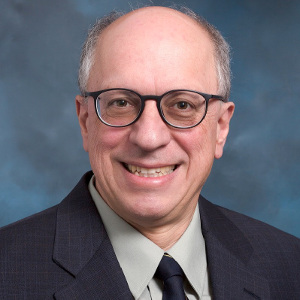 We are honored to report that
We are honored to report that  How can a beloved childhood toy spark a future career in technology for minority students? That’s the question Minorities in Computing (MiC) President Kierra Robinson set out to solve in the group’s recent outreach program with the Norman Arnold Boys and Girls Club in Columbia.
Robinson, a senior computer engineering major, attended a summer engineering camp as a child where she created robots and wrote a code to make them speak. From that moment she wanted to know how computers worked—from the graphics card and memory to the hard drive and CPU. She also knew she wanted a future career in computer engineering.
“If it wasn’t for the fact that I was exposed to technology at a young age, I would never have given a thought about the evolution of a computer and what makes it run,” said Robinson.
How can a beloved childhood toy spark a future career in technology for minority students? That’s the question Minorities in Computing (MiC) President Kierra Robinson set out to solve in the group’s recent outreach program with the Norman Arnold Boys and Girls Club in Columbia.
Robinson, a senior computer engineering major, attended a summer engineering camp as a child where she created robots and wrote a code to make them speak. From that moment she wanted to know how computers worked—from the graphics card and memory to the hard drive and CPU. She also knew she wanted a future career in computer engineering.
“If it wasn’t for the fact that I was exposed to technology at a young age, I would never have given a thought about the evolution of a computer and what makes it run,” said Robinson.
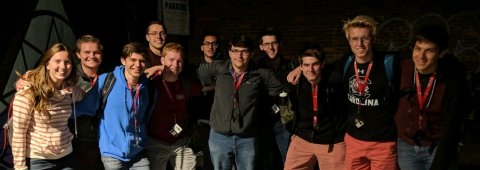



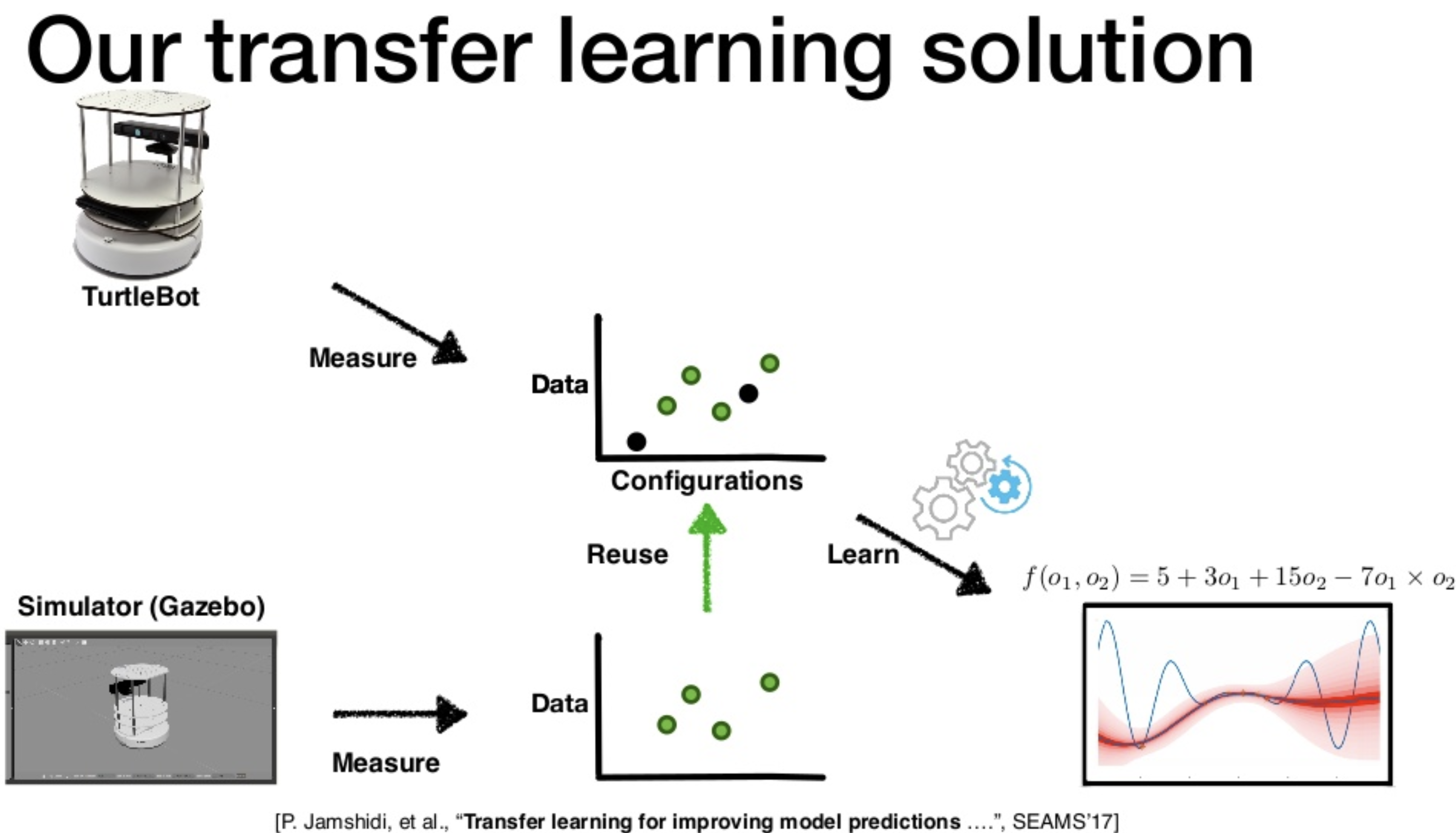
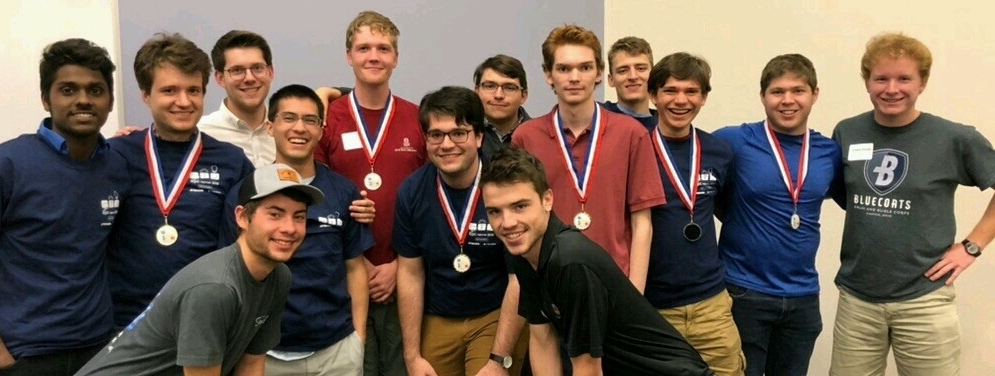
 We are proud to announce that
We are proud to announce that 